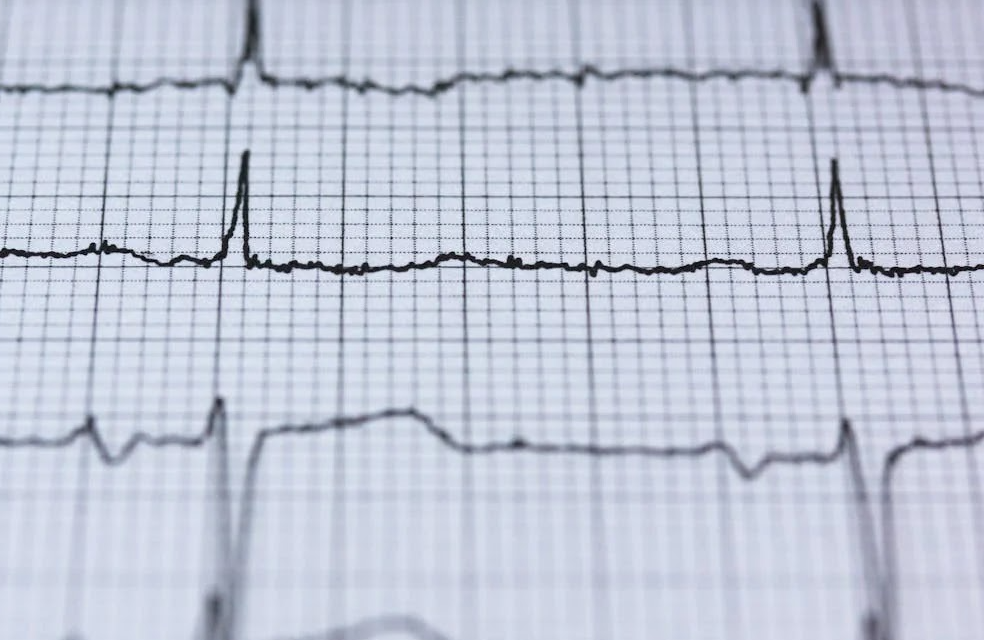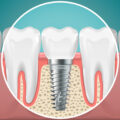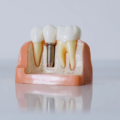Your doctor may recommend a stress test for a variety of reasons. First, if you exhibit any signs of heart illness, such as chest pain and shortness of breath, he may want to assess how your heart performs under physical stress. The test results provide information on the symptoms’ underlying cause(s), allowing your doctor to deliver fast and effective therapy.
If you’ve already had a heart attack or been diagnosed with any type of heart disease, a stress test can help your doctor establish the effectiveness of your current cardiac treatment and whether you’re ready to resume exercising.
What A Stress Test Informs Your Doctor
A stress test informs your doctor how well your heart works. A stress test informs your doctor how well your heart works. The test requires the heart to work harder than usual, so it must pump more blood to keep up with the increased demand. If it cannot keep up, the test will reveal a lack of blood supply through the arteries leading to the heart. The results also help you choose the type and degree of physical activity that is best for you.
Any type of stress test indicates:
- If your heartbeat is irregular,
- If your heart receives adequate blood during activity;
- If the symptoms are heart-related;
- Any irregularities in blood pressure;
- Any alterations in cardiac rhythm (arrhythmia);
- Any aberrant electrical activity is necessary for effective chamber contractions;
- If your present heart meds are successful,
- If you require additional tests.
If you suffer chest pain or shortness of breath during the test, you may have coronary artery disease (CAD), a blockage in one or more of the arteries supplying the heart. To gather that information, your doctor may prescribe additional tests to confirm or correct the condition.
Interestingly, a 2013 study presented at the American Thoracic Society meeting revealed that stress tests could detect persons with obstructive sleep apnea (OSA), a disorder in which you stop breathing briefly but often throughout sleep. OSA can impair heart function. Therefore, the test may also identify those most likely to develop life-threatening problems.
Exercise Stress Testing
The most common sort of stress test is the exercise test. It is also known as a treadmill stress test or a stress EKG since it stresses and increases the heart rate by using a treadmill or stationary cycle. Throughout the test, the doctor monitors the electrical activity of your heart.
You should expect to exercise for roughly 10-15 minutes. You begin at a slow pace, and the doctor gradually increases the speed of the treadmill or bike until you achieve a specified peak heart rate or when you have symptoms such as pain or shortness of breath and must stop. Throughout the test, the doctor will measure your pulse, blood pressure, and electrical activity in your heart.
What Nuclear/PET Stress Testing Reveals About Your Heart’s Functionality
The nuclear test, also known as a radionuclide scan, employs a tracer age, which is not a dye but rather a medically safe radiopharmaceutical agent infused into your bloodstream via an IV. It highlights the heart and blood flow on a painless, positron emission tomography (PET) scan performed after a medicated stress test.
To compare, a second PET scan image is taken when your heart is at rest before administering a medicated stress test. This is a highly safe technique to get a lot of important information about the condition of your heart. A cardiac PET scan is widely regarded as the gold standard non-invasive method for obtaining precise information about your heart.







































No Comments